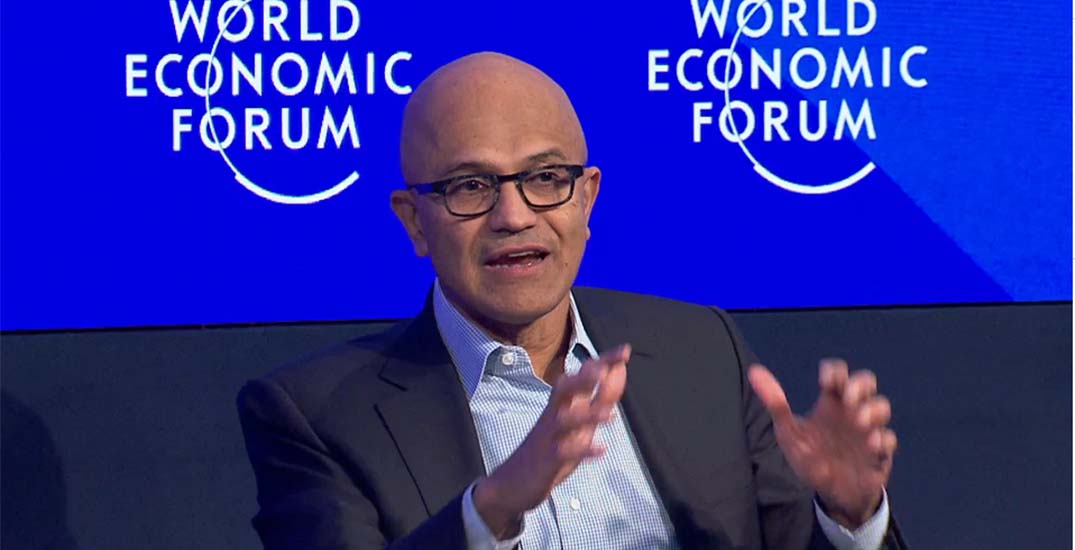The artificial intelligence (AI) chatbot ChatGPT is capturing the world’s imagination, having amassed 1-million users in just five days after its recent launch.
It is one of a dozen AI-driven so-called “killer apps” that will transform human productivity and the future of work.
ChatGPT answers complex questions via short prompts on a vast array of topics, and even writes lyrics and poetry. Underpinned by generative models such as GPT-3 and GPT-3.5, it is the most conspicuous example of technology dubbed generative AI.
Satya Nadella, Microsoft chairman and CEO, in a session with World Economic Forum founder and executive chairman Klause Schwab, says a golden age of AI is underway and will redefine work as we know it.
“The future of work is not just about technology and tools. It’s about new management practices and sensibilities to the workplace.
“Technology will provide more and more ways to bring people together,” he adds.
Public-private co-operation itself is moving virtual.
“Microsoft is opening up access to new AI tools like ChatGPT,” Nadella adds. “I see these technologies acting as a co-pilot, helping people do more with less.”
He cites two anecdotes of recent use cases of GPT technology. The first is an expert coder from Silicon Valley who improved their productivity by 80% by using the model to help write better code faster. The second was an Indian farmer who was able to use a GPT interface to access an opaque government programme via the internet, despite only speaking a local dialect.
“AI is just at the beginning of the S-curve,” Nadella says, adding that the near-term and long-term opportunities are enormous.
Looking ahead, he says Microsoft has all the building blocks for a next-generation quantum computer. “Microsoft will achieve quantum supremacy and aims to build a general-purpose quantum computer.”
On safety and security, Nadella says the operating principle for protecting critical infrastructure should be to assume the worst – “have zero trust”.
“Safety and security needs to be included right at the design stage,” he believes.
Sustainability is at the core of the business. “By 2050 Microsoft aims to not just be carbon-neutral but carbon-negative.”

